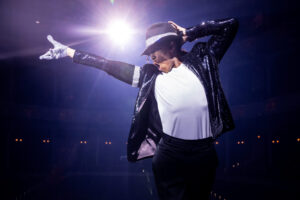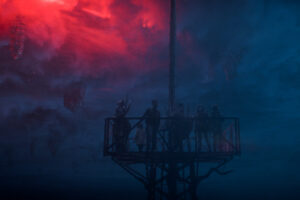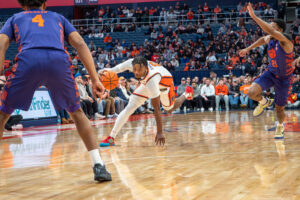Can the show go on?
Can the show go on?
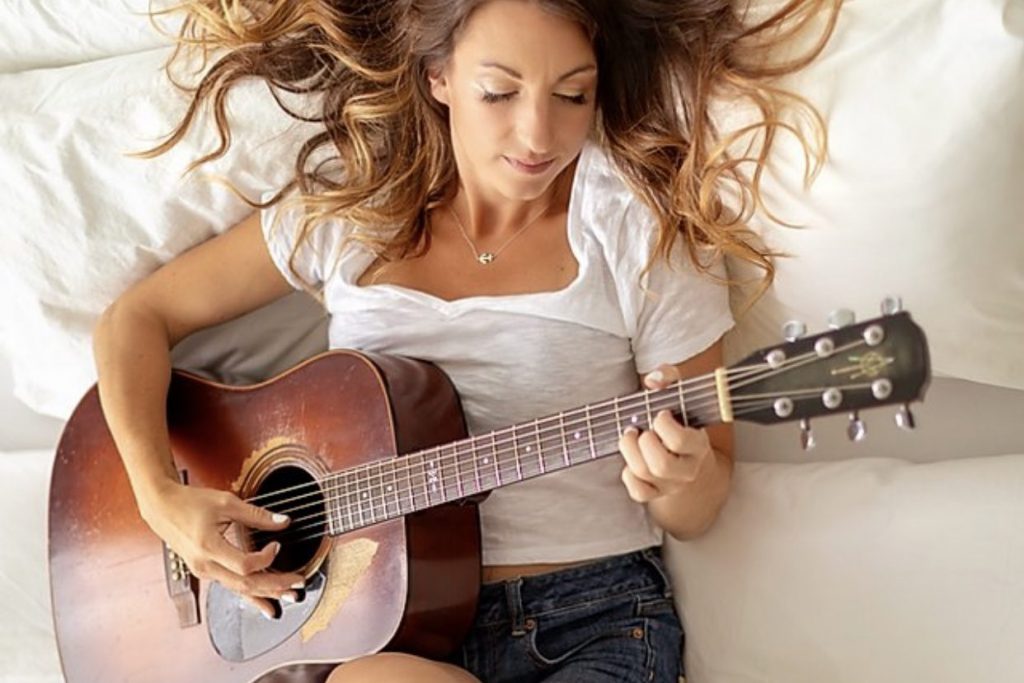
Long before the coronavirus hit, Syracuse musician Jessica Novak had wanted to start streaming shows from her home.
“People like [virtual performances] because if they have kids and they can’t go out on a Friday, it’s a way to not just watch a show,” Novak says, “but interact with you while you play.”
Her attitude helped her become an early adopter of coronavirus-related live-streaming. In March, the Syracuse singer-songwriter and band leader started performing from her studio on Twitch, a live-streaming platform long popular with gamers and, more recently, performing artists. On Saturday, March 21, her ensemble, the Jess Novak Band, headlined a daylong concert with several other local artists on Facebook called “Day of Hope: Live Music is Still Alive.” The show garnered nearly 3,000 views.
“It was really encouraging to see so many musicians and fans come together to support each other,” she says. “I loved tuning in all day, and I know a lot of fans did, too. That’s what it’s all about for musicians — working together.”
Like most musicians, Novak is accustomed to playing in clubs and other venues. But she has tried to make the most of her virtual life. “We’re living in a new and lonely world and we need to be quick to adapt — and help each other,” she says on her website. She has links to her live streams and to PayPal and Venmo for donations.
A recent study published in Forbes stated that Internet usage was up by more than 50 percent, which could benefit musicians who choose to take charge of their online presence. Live-streaming has become so prevalent among musicians that DIY Musician has posted tips on how to do it effectively. (One tip: “It’s not really a concert. Live-streaming is way more casual and interactive.”)
Much like Novak, Evan Bujold, singer and guitarist of Syracuse hard-driving band Late Earth, believes that, even under the current circumstances, musicians can still make their mark on the community. Late Earth will livestream through CNY Alive, a site that promotes the scene with an events calendar, resources for booking bands, and updates.
“What’s great about musicians is they’re very community driven,” Bujold says. “When it comes to organizing things like this, it was a big system shock, but it was almost like a snap—everybody’s like, ‘We’re doing this.’ I’m seeing a lot of resilience.”
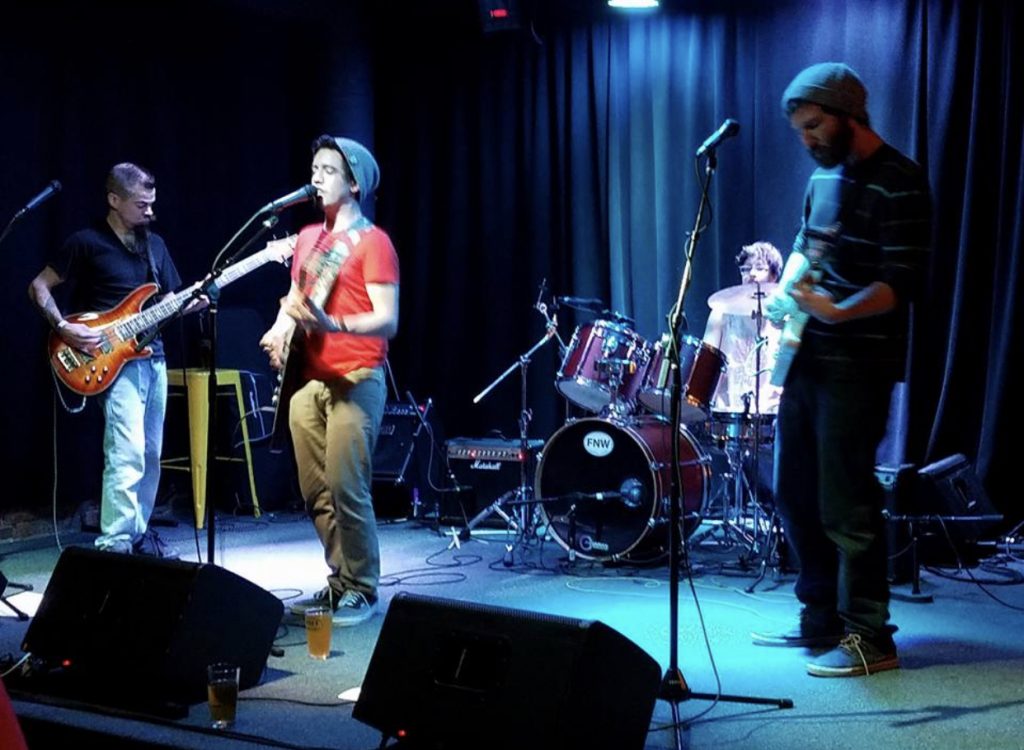
While musicians have adapted, venues, which depend on in-person shows to survive, appear to be having a harder time. Some seem uncertain of how to respond.
At this writing, the websites of the Westcott Theater and Funk ’n Waffles don’t mention the coronavirus, and the April shows on their calendars are not listed as canceled or postponed.
“A large part of our business is our music venue, and that has been completely shuttered since this started,” Adam Gold, a co-founder of Funk’n Waffles, says in an email response to questions for this story. “We have been selling food, take-out and delivery, but the margins are much worse (delivery services keep up to 35% of the sales). We have had to cancel dozens of shows and continue to do so every week that we don’t see a re-opening date. We hope to stay open and provide our kitchen staff hours, for now we are keeping things going.”
The Westcott Theater did not return multiple requests for comment.
The underground creative arts space The Ark, located near the Syracuse University campus, has nothing on its Facebook page about the virus or its shows. But co-founder Noah Steinberg says he and others are working to create an online platform that will house an archive of recorded shows, posters, and art that have been at The Ark.
“This is a long-term project for us,” Steinberg says, adding that The Ark is more about a movement than a physical space. “The idea was always to transform The Ark into a multifaceted, wide-reaching artist collective.”
The 443 Social Club and Lounge, an intimate space in the Hawley-Green neighborhood that opened just last year, has a post by co-owner Julie Leone on its website called “So Long for Now.”
“We are hopeful we can hang in there and reopen when the danger of public gatherings has passed,” she writes. Leone expresses appreciation for customers who purchased VIP Patron memberships and gift cards.
“Our crowd is very much defined by who I put on the stage,” Leone says. “If we can’t have live music, it doesn’t work. The worry is that when we all come out on the other side of this, how long is it going to take for people to get back to [going to shows]?”
Despite her concerns, she remains optimistic. As her website post says, “We’re not giving up and we’re going to do our best to come back better than ever when this is over.”
For her part, Novak says the change to the virtual world has had its good points.
“I like it better than playing bars, “ she says. “People can talk to me. At shows, it’s so loud and crazy or people don’t care.”
And the reach of her shows extends far beyond a local club. “This,” she says, “is a new audience from all over the world.”
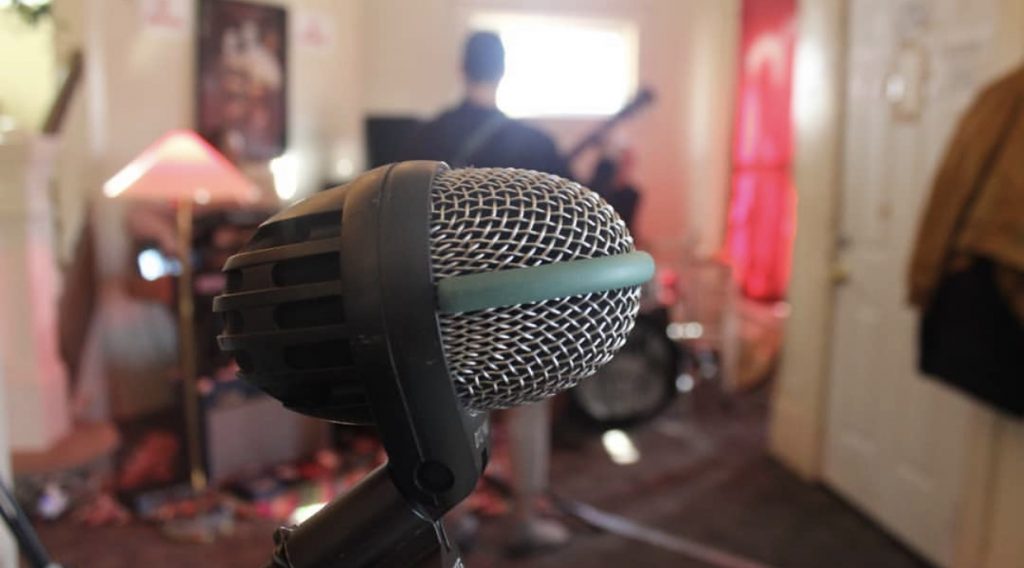

This article is part of the Fermata: Arts and Culture in the Time of Coronavirus series reported by students in the Critical Writing course at the Newhouse School. Fermata features stories on the impact of the pandemic on a wide range of artists and cultural figures, from musicians and comedians to restaurateurs and boutique owners.




